
A Complete Guide to Treating Dark Spots on Your Face or Body
For about a decade, I had acne, on and off. And while I rarely get breakouts anymore, I still have post-inflammatory hyperpigmentation, a.k.a. dark spots on my face. They are the bane of my existence. Even though I don't need to cover up pimples anymore, I slather on a full-coverage foundation to hide all those little red and brown dots.
Of course, non acne-sufferers get hyperpigmentation too. They're typically in the form of sun spots, dark spots, or age spots, and they're brought on by the usual suspects—too much sun exposure, hormones, and/or aging.
It works like this: When there's inflammation, the first or second layer of the skin cells produce extra pigment during the healing process. There's no other way to put it: Trying to lighten the appearance of these is time-consuming, tedious, and annoying.
In trying to get rid of mine, I've used a ton of products including drugstore brightening creams, hardcore spot treatments, and prescription products. I'm still holding out on the in-office procedures (because I'm hoping the topicals will work, and also, $$).
In short: I know a bit about what works and what doesn't. Plus, I spoke with a slew of top dermatologists for their expertise. Here's a rundown of your best options, ranging from mild cases to severe on how to treat your hyperpigmentation in the best way.
- Sunscreen -
The easiest way to avoid pigmentation issues? Keep them at bay with sun protection. If you already have spots, a sunscreen will keep them from darkening. "If you are not using sunscreen every day all year long, you are wasting your time on other products," says New Jersey-based dermatologist Jeanine Downie, M.D., director of Image Dermatology.
Shop the Best Sunscreens for Hyperpigmentation
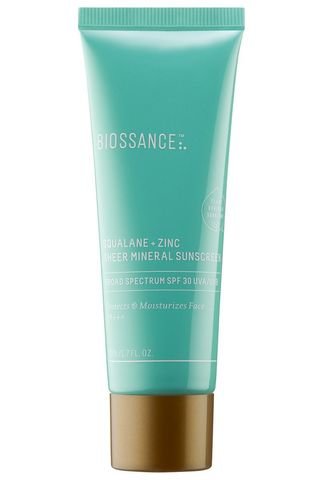
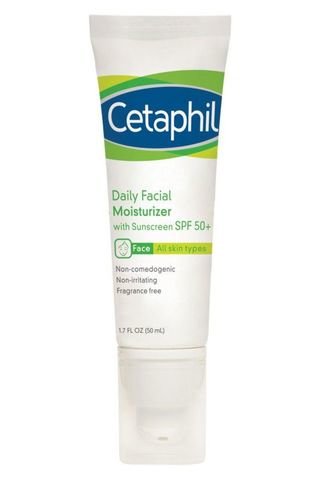
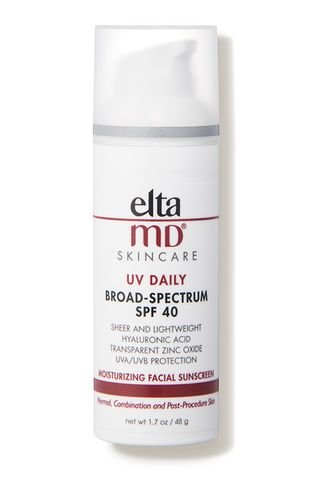
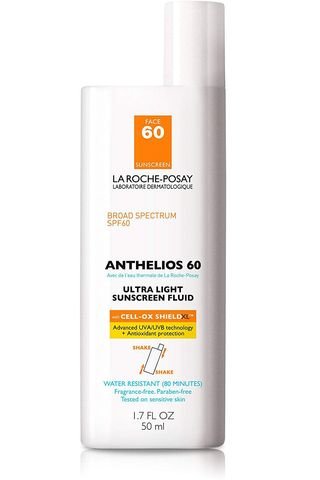
- Vitamin C Serum -
Use an antioxidant-rich daily serum to help brighten skin's appearance all over, including those pesky marks. "Antioxidant serums help stabilize the skin after injury from UV and infrared light," says San Diego-based dermatologist Melanie Palm, M.D., director of Art OF Skin MD. "I make sure my patients put this on every morning." Also great: Vitamin C helps fight fine lines and smooths texture.
Shop the Best Vitamin C Serums for Hyperpigmentation
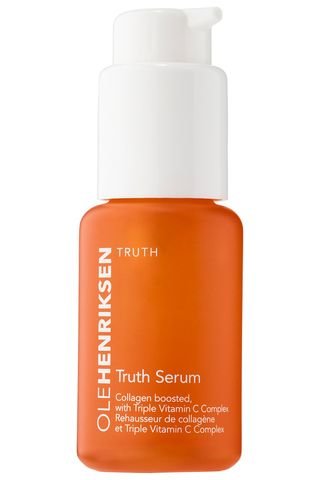
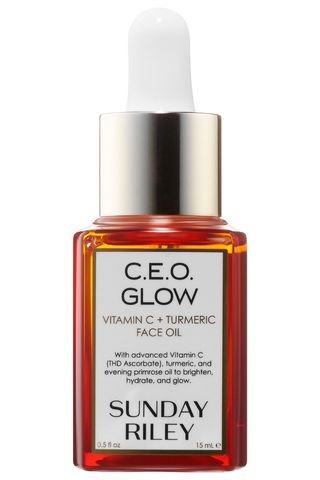
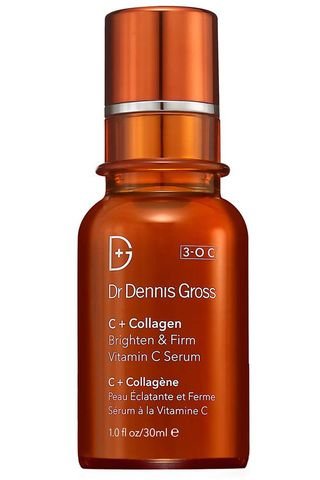
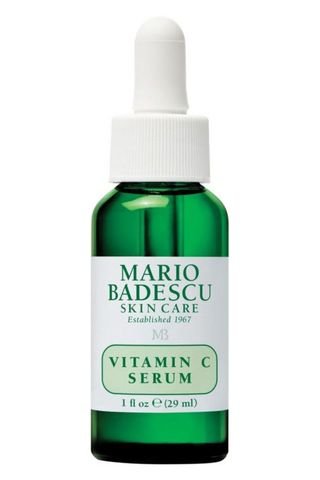
-BHA and AHA Cleansers-
Typically, cleansers with beta hydroxy acids, like salicylic, and alpha hydroxy acids, like glycolic and lactic, are marketed to teens and those who suffer from acne (so perfect if your discoloration comes from pimples). But it can also help other skin types by gently exfoliating the surface and unclogging pores, which could be causing your unwanted acne. Unless you have really dry and sensitive skin, consider using a cleanser with either, or both, to help fade marks.
The Best AHA/BHA Cleansers for Hyperpigmentation
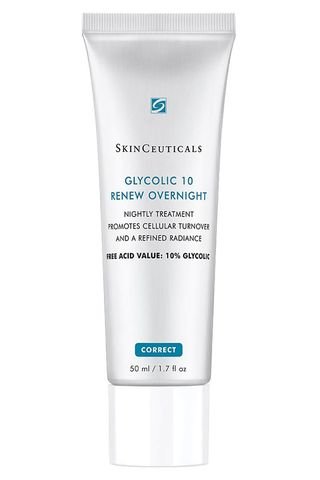
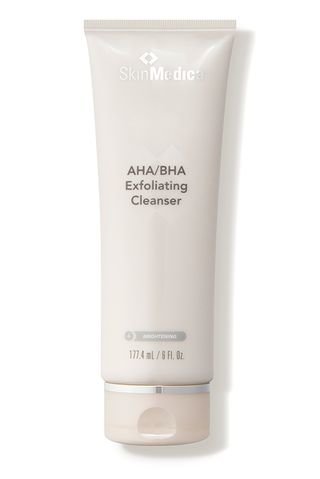
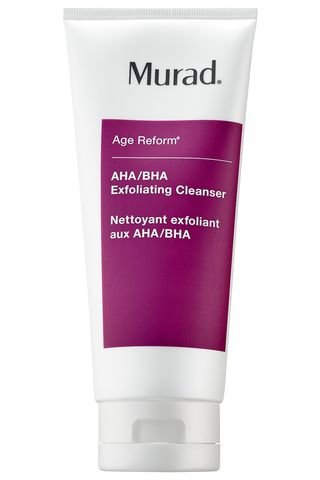
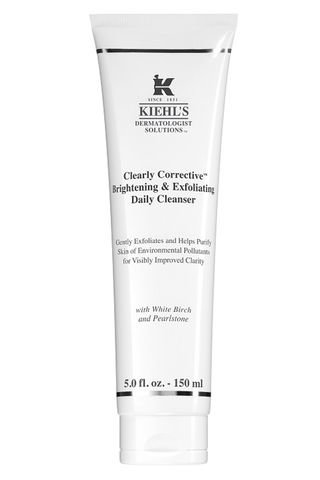
-Spot Treatments-
Target marks more effectively with a concentrated dose. There are a ton of brightening ingredients to look for, but some of the more effective ones on the market right now are peony and licorice root extract, kojic acid, vitamin C and E, niacinamide, and alpha arbutin.
The Best Spot Treatments for Hyperpigmentation
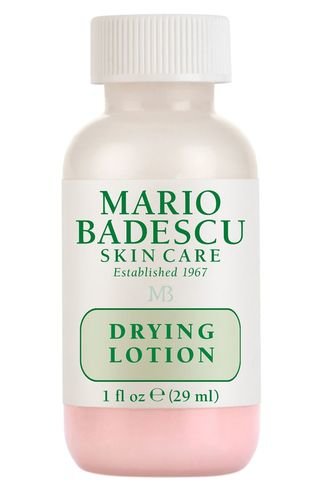
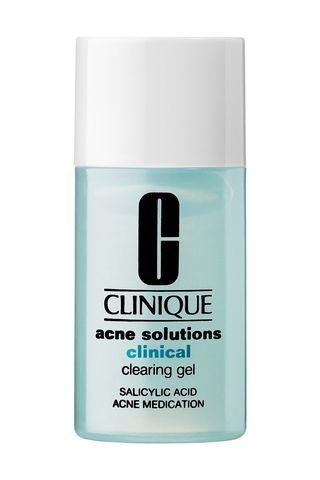
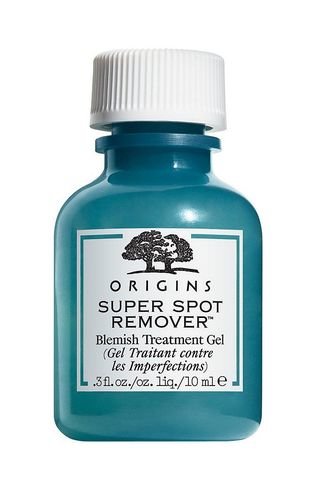
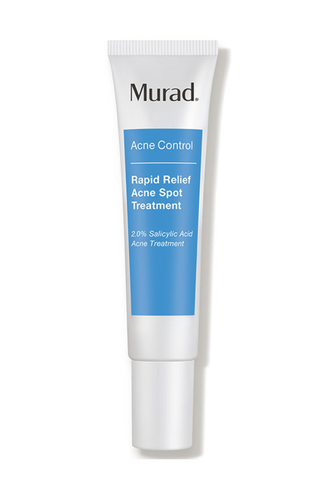
-Patches -
The Patchology nightly patches have some pretty cool technology behind them. Basically, you stick a circular patch over a dark spot; this will send microcurrents down into your skin. The microcurrents diminish discoloration with the help of retinol, peptides, and niacinamides, which are all fused into the cloth sticker. There are lots of options on the market for acne patches that will de-clog your pores and fade your marks overtime.
Shop the Best Acne Patches for Hyperpigmentation
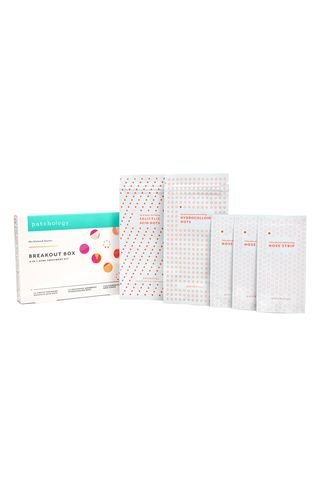
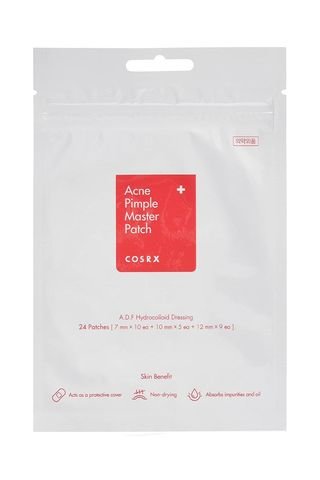
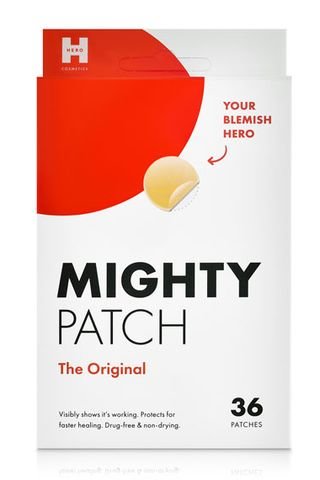
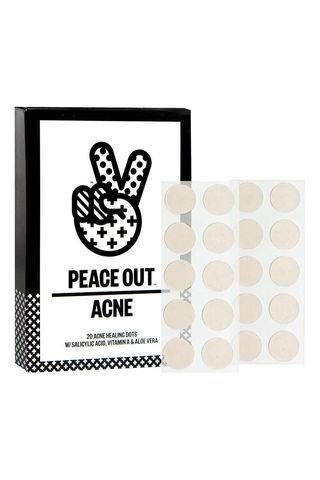
-All-Over Brightening Serum-
When spot treatments and vitamin C isn't enough, opt for an intense formula. The most exciting one I've used is SkinMedica Lytera 2.0 Correcting Serum. The four hero ingredients (tranexamic acid, phenylethyl resorcinol, niacinamide, and tetrapeptide-30) are major correctors that are safe for all skin types and tones. "It's a global product so it evens out the entire face, not just the dark spots," says Downie.
Shop the Best All-Over Brightening Serums for Hyperpigmentation
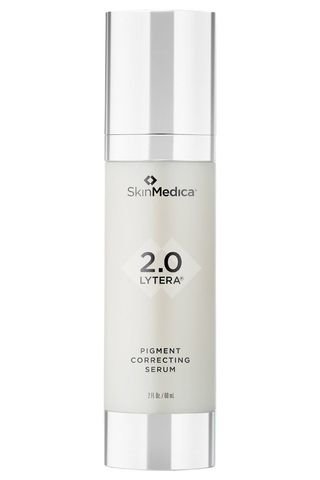
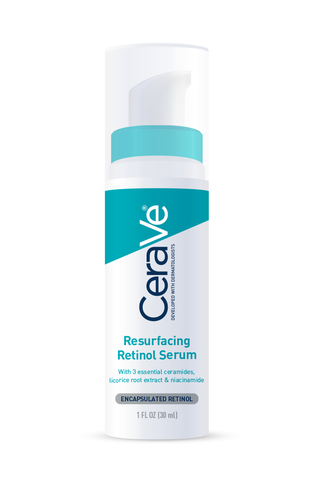
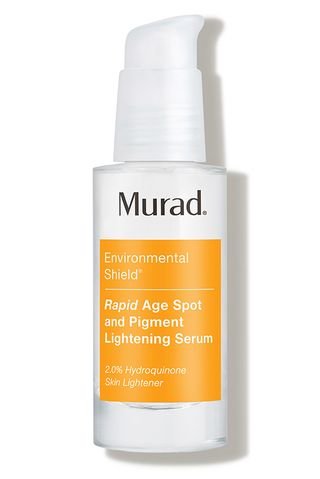
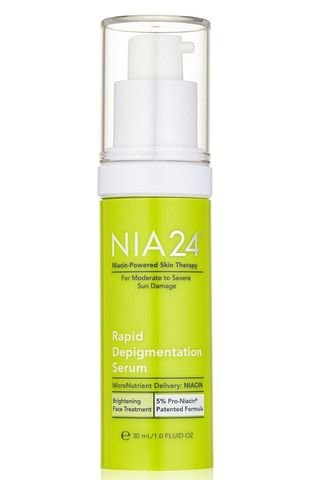
-OTC Retinol or Retinoid-
Of course this do-everything ingredient also helps with pigmentation. "Not only does it speed up cell turnover, it penetrates really deep into the skin and interferes with pigment production," says Palm, meaning it can treat dark spots that aren't just on the surface level.
Shop the Best Retinol/Retinoid Products for Hyperpigmentation
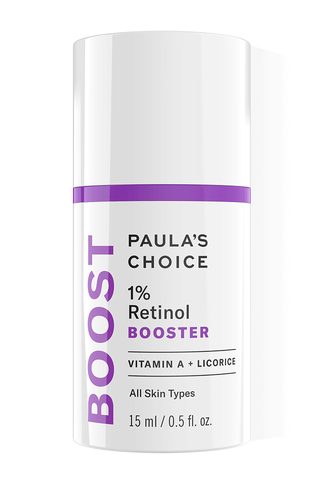
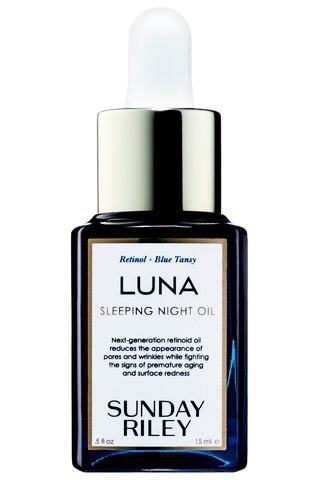
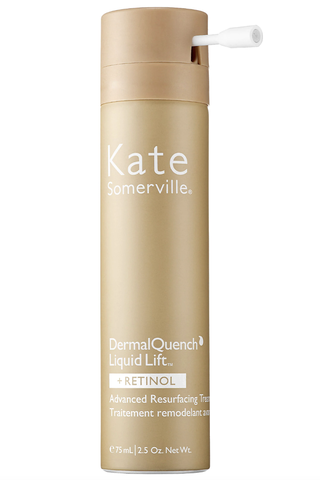
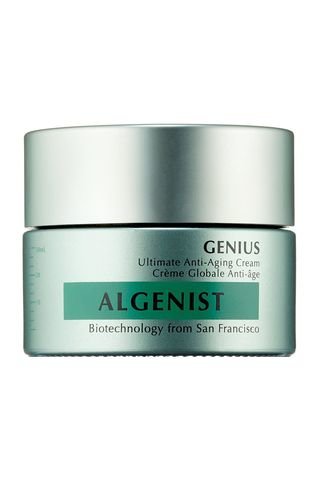
-Hydroquinone-
The last step in the product line—before we get to in-office procedures—is a prescription hydroquinone. It reduces the production of melanin in your skin. However this hardcore topical has some side effects—increased exposure to UV radiation, sensitivity to sunlight, and irritation—so it's best to proceed with caution and be extra protective of the skin while using it. If you don't want to go all the way with a prescription, the Murad Rapid Age Spot and Pigment Lightening Serum is a great OTC (and more gentle) option.
-Microdermabrasion-
As long as the microdermabrasion is gentle enough (it's important not to be too irritating says Palm), this is a great option to buff away the top layer of the skin, revealing the new (and less pigmented) layers underneath.
-Salicylic Acid Peel-
Another in-office procedure that can vastly speed up treatments, a salicylic acid peel is ideal for acne sufferers. The salicylic acid is typically applied in the 20-30 percent range. "It has the ability to penetrated down into the oil glands, but it also has this great ability to lift that stain left behind from the inflammation," says Palm. She recommends getting one once every month. If you don't want to head out for a treatment, there are some great options you can do right at home for a fraction of the cost.
Shop the Best Salicylic Acid Peels for Hyperpigmentation
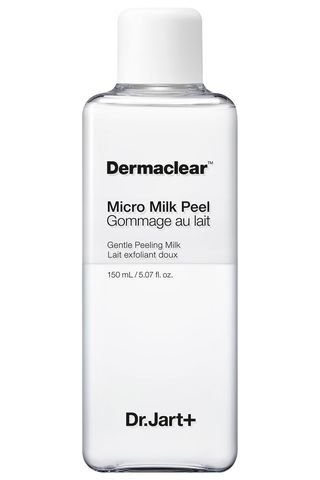
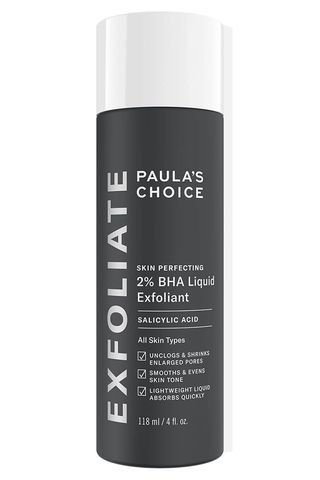
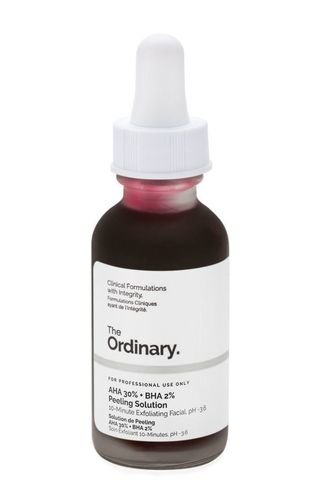
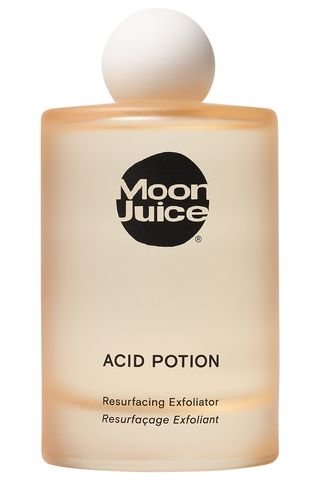
-Lasers-
When pigmentation occurs in the second layer of the skin, it acts almost like a tattoo—a.k.a. it's really hard to get rid of. So dermatologists have turned to the Q-Switch Laser, which is actually originally used to remove tattoos. "It uses low heat and energy, so it won't make pigmentation or inflammation worse," says Palm. And, because it's a longer wavelength, it's safe for all skin tones too.










